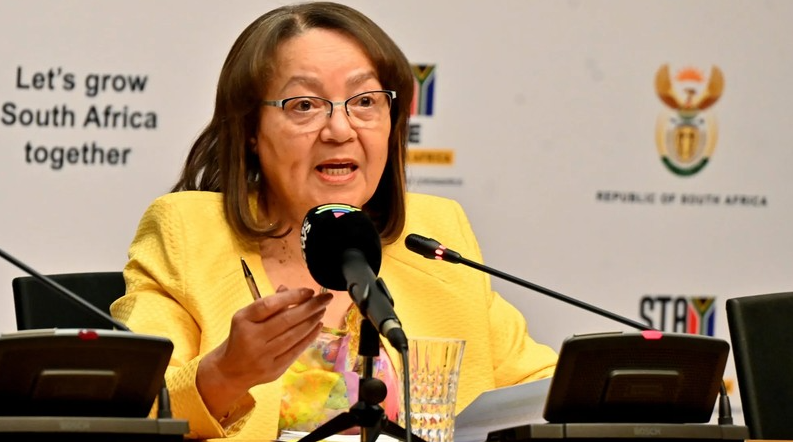Business
South Africa Boosts Tourism Safety with R175 Million Protection Squad

South Africa Boosts Tourism Safety with R175 Million Investment
As the festive season approaches, South Africa’s Department of Tourism is stepping up efforts to protect tourists with a R175 million tourism safety program. While the initiative aims to reduce crime and improve tourist experiences, critics question its cost-effectiveness and the lack of retention for trained safety monitors.
Tourism’s Role in South Africa’s Economy
Tourism contributes significantly to South Africa’s economy. The World Travel and Tourism Council (WTTC) reported that the sector accounted for 8.2% of the GDP in 2023, employing 1.46 million people. This number is projected to rise to 1.7 million in 2024.
Despite this, soaring crime rates have hindered the sector’s full potential, tarnishing South Africa’s reputation both locally and abroad.
The National Tourism Safety Strategy
To combat crime targeting tourists, the Department of Tourism (DoT) launched a National Tourism Safety Strategy, implemented by the National Tourism Safety Forum. This collaborative effort includes the South African Police Service (SAPS), the National Prosecuting Authority (NPA), private sector stakeholders, and government entities.
The centerpiece of this strategy is the R174.5 million Tourism Safety Monitors Program, which trains and deploys individuals to enhance safety at popular tourist attractions.
Tourism Monitors: Training and Deployment
Since 2020, over 4,132 tourism safety monitors have been trained. Currently, 2,106 monitors patrol key sites nationwide, with 2,305 set to be deployed in the 2024/25 financial year.
Monitors undergo training under the Expanded Public Works Programme (EPWP), including:
- Security training: Leading to a National Certificate in General Security (NQF Level 3).
- On-site experiential training: Guided by host establishments to enhance safety awareness.
Their responsibilities include:
- Patrolling tourist sites.
- Guiding tourists on safe practices.
- Reporting crimes to SAPS.
- Providing emergency assistance.
- Deterring crime through visible presence.
Debate Over Retention and Effectiveness
The program has faced criticism for not retaining monitors beyond their 12-month training period. According to Democratic Alliance MP Elmarie Linde, this lack of retention undermines the program’s impact and sustainability.
“The Tourism Safety Monitors Program should enhance safety and create jobs, but without retention, it becomes a stopgap measure,” said Linde.
The Department defended the program, stating that its short-term nature aligns with EPWP guidelines to provide opportunities to as many individuals as possible.
Economic and Safety Impact
While the Department does not directly employ monitors after training, it encourages the private sector to absorb them into tourism and security roles. Many trainees register with PSIRA (Private Security Industry Regulatory Authority), opening avenues in the private security sector.
Despite criticisms, the Department reports fewer crime incidents at sites with tourism monitors, suggesting their presence deters criminal activities.
Moving Forward: Recommendations and Challenges
Linde recommends conducting impact studies to evaluate the program’s effectiveness and urged the Department to retain trained monitors for long-term roles.
Tourism Minister Patricia de Lille emphasized the importance of following the action steps outlined in the Tourism White Paper, which focuses on:
- Enhancing safety and security.
- Promoting domestic tourism.
- Crisis management.
- Encouraging technological developments.
- Fostering transformation within the sector.
South Africa’s R175 million tourism safety program reflects a commitment to ensuring tourist safety and fostering economic growth. However, addressing retention challenges and evaluating its impact will be crucial for long-term success.
As the festive season unfolds, this program could play a pivotal role in reshaping South Africa’s tourism narrative, ensuring visitors feel safe while exploring the country’s rich landscapes and cultural heritage.















